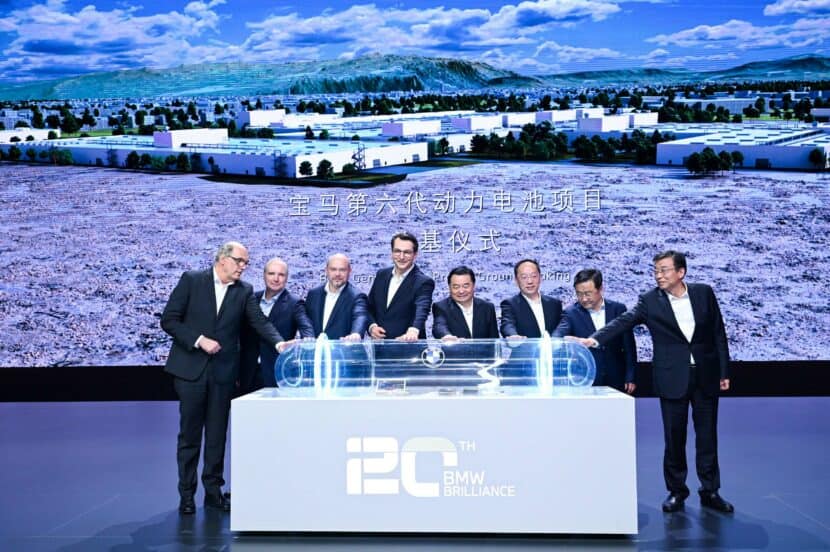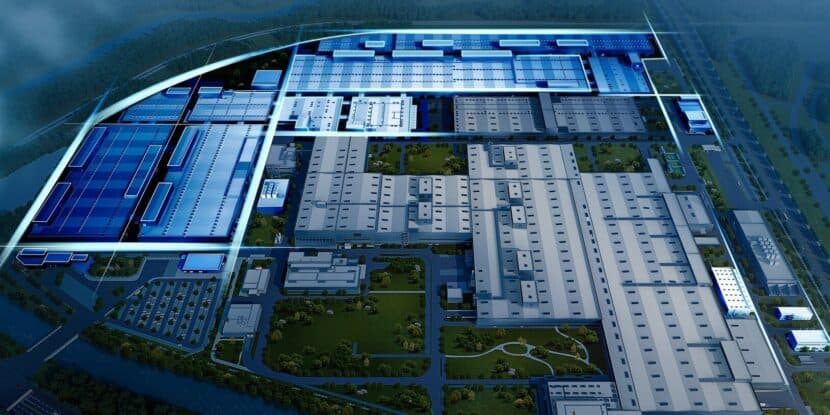
BMW Brilliance Automotive (BBA) in China is celebrating its 20th anniversary by disclosing plans to build EVs on the Neue Klasse platform from 2026. The announcement comes a little over a year since BMW increased its share in the joint venture to 75 percent. To support the arrival of new zero-emission vehicles from the factory in Shenyang, BBA will spend RMB 10 billion ($1.42B) on a new battery plant, which will create approximately 2,000 new jobs in the region.
The first Neue Klasse-based models will begin to roll off the assembly line in 2025 at BMW’s new Debrecen factory in Hungary, with Munich to follow a year later. San Luis Potosi (Mexico) will build cars on the dedicated electric car platform from 2027 while the factory in Spartanburg, South Carolina is going to produce at least six models on these underpinnings by the end of the decade. The luxury brand hasn’t released details about the new wave of EVs, but we do know the first two will be a sedan and a crossover in the 3 Series segment. In addition, the models destined to be built in the United States are all likely to be SUVs.
NE-based models will employ BMW’s sixth-generation batteries by switching from prismatic to round cells. Charging speed is said to be up by 30% while the range will increase by the same percentage. In addition, energy density will go up by over 20% while manufacturing costs are estimated to drop by 50%. In addition, CO2 emissions generated during the production process are estimated to decrease by 60%.
With the i Vision Dee, BMW has already given us a first taste of what a 3 Series Sedan-sized EV on the Neue Klasse will look like. A closer-to-production concept will premiere in early September at IAA Munich ahead of the production model’s world premiere in 2025.
BMW Brilliance is already making EVs in China as the iX3 is exclusively produced in the world’s most populous country. In addition, the i3 based on the long-wheelbase 3 Series Sedan is made and sold only in the country. The same can be said about the long-wheelbase X1/iX1 and X5, with the next-generation 5 Series Li to follow shortly. Over the years, the annual production capacity in Shenyang has jumped from 30,000 to 830,000 units.
Source: BMW


